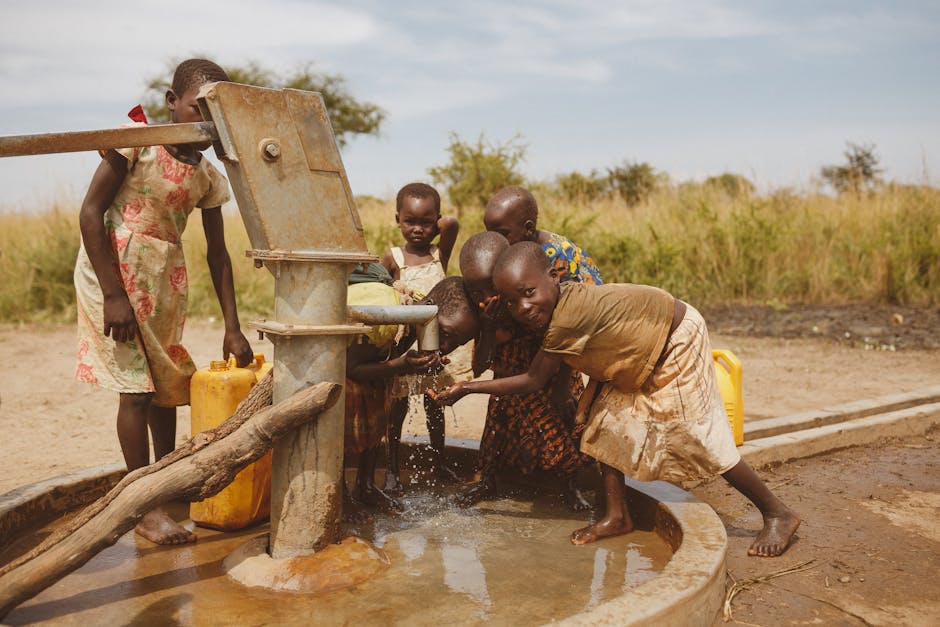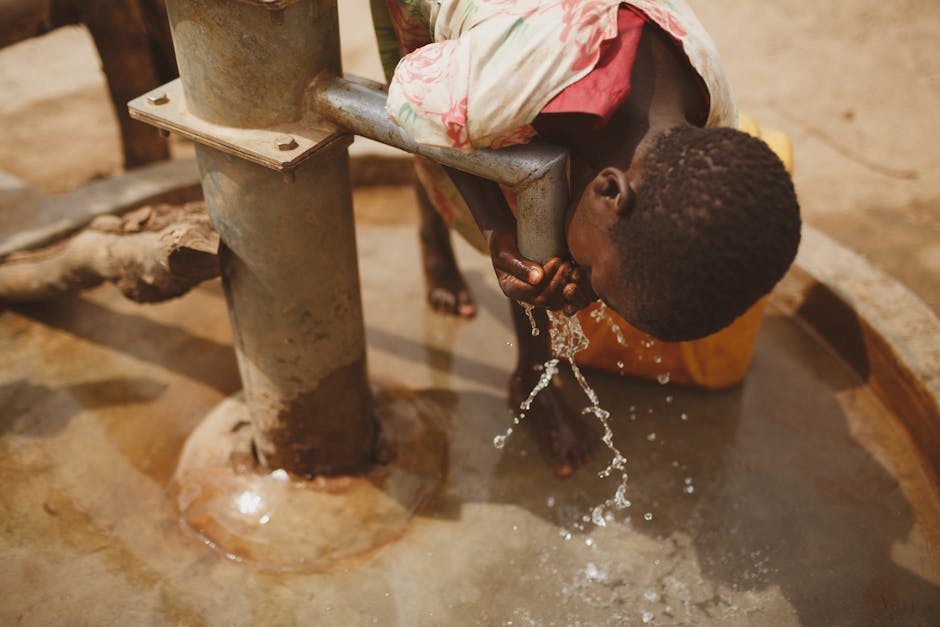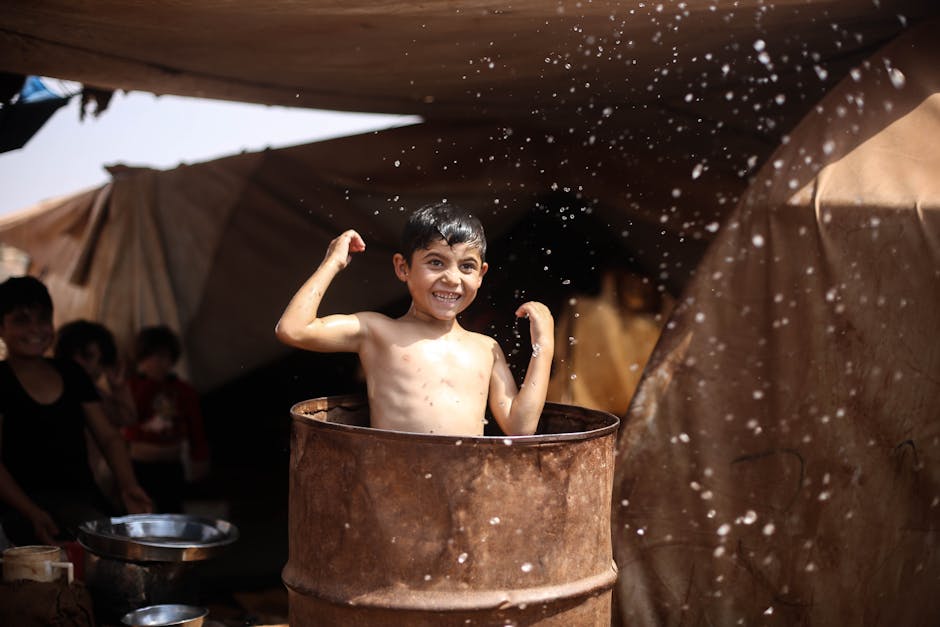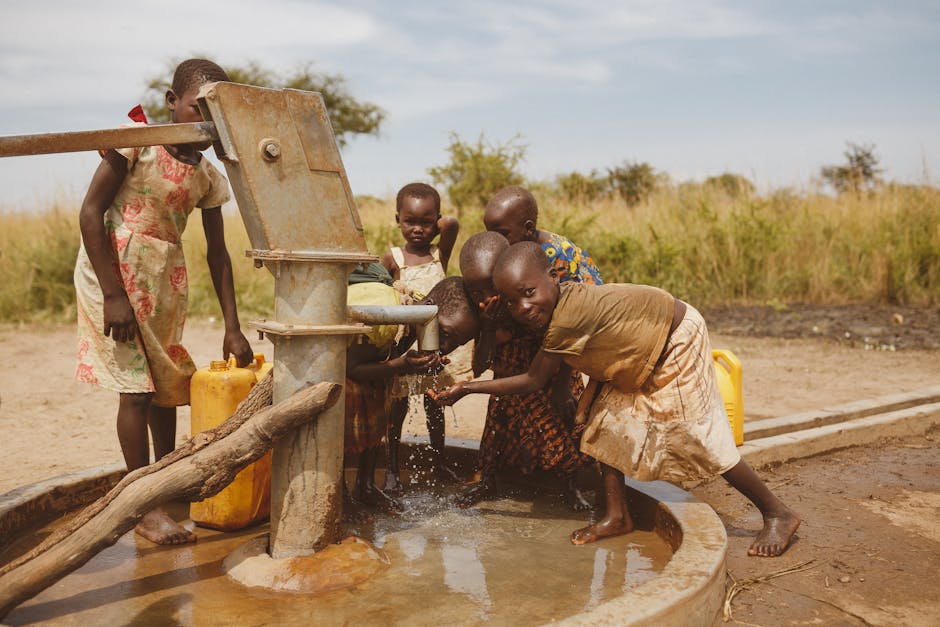Surviving Summer: Your Ultimate Guide to Beating the Heat and Enjoying the Season
Summer. The season of sunshine, long days, and vacations. But for many, summer also brings the challenges of extreme heat, sunburns, dehydration, and a general feeling of being overwhelmed. This comprehensive guide will help you navigate the summer months, providing practical tips and advice on how to stay safe, healthy, and enjoy everything the season has to offer.

Staying Cool and Comfortable in the Heat
The most significant challenge of summer for many is the heat. Prolonged exposure to high temperatures can lead to heat exhaustion and heatstroke, both of which are serious medical conditions. Here’s how to stay cool and comfortable:
- Hydrate, hydrate, hydrate: Drink plenty of water throughout the day, even before you feel thirsty. Avoid sugary drinks, as they can dehydrate you further.
- Dress appropriately: Wear lightweight, loose-fitting clothing in light colors. Avoid dark colors, as they absorb more heat.
- Seek shade: Spend time in shaded areas during the hottest parts of the day. Use umbrellas, hats, and other sun protection when outdoors.
- Use air conditioning: If possible, use air conditioning in your home and car. If you don’t have air conditioning, consider spending time in air-conditioned public spaces, such as libraries or shopping malls.
- Take cool showers or baths: A cool shower or bath can help lower your body temperature quickly.
- Use fans strategically: Fans can help circulate air and make you feel cooler, especially when combined with air conditioning or open windows.
Recognizing and Treating Heat Exhaustion and Heatstroke
Heat exhaustion and heatstroke are serious medical conditions that require immediate attention. Learn to recognize the symptoms of each:

- Heat Exhaustion: Heavy sweating, weakness, dizziness, headache, nausea, muscle cramps.
- Heatstroke: High body temperature (above 103°F), confusion, seizures, loss of consciousness.
If you suspect heat exhaustion or heatstroke, seek medical attention immediately. While waiting for medical help, move the person to a cool place, remove excess clothing, and apply cool compresses to their skin.
Sun Safety: Protecting Your Skin
Summer is synonymous with sunshine, but too much sun exposure can lead to sunburn, premature aging, and an increased risk of skin cancer. Here’s how to protect yourself:
- Apply sunscreen: Use a broad-spectrum sunscreen with an SPF of 30 or higher. Apply liberally and reapply every two hours, or more frequently if swimming or sweating.
- Wear protective clothing: Wear hats, sunglasses, and long sleeves when possible. Choose clothing that provides UPF (Ultraviolet Protection Factor).
- Seek shade: Limit your time in direct sunlight, especially during the peak hours of 10 a.m. to 4 p.m.
- Check the UV index: The UV index measures the intensity of the sun’s ultraviolet radiation. Plan your outdoor activities accordingly.
- Regular skin checks: Check your skin regularly for any changes in moles or other skin lesions. See a dermatologist if you notice anything unusual.
Summer Activities and Entertainment
Summer is a time for fun and relaxation. Here are some ideas for activities to enjoy while staying safe:
- Outdoor activities in the morning or evening: Take advantage of cooler temperatures by scheduling outdoor activities for early morning or late evening.
- Water activities: Swimming, boating, kayaking, and other water activities are a great way to cool off and have fun. Always supervise children near water and wear life vests when appropriate.
- Indoor activities: Visit museums, libraries, movie theaters, or other indoor attractions on hot days.
- Summer camps and classes: Enroll in summer camps or classes to keep children entertained and engaged.
- Outdoor picnics and barbecues: Enjoy outdoor meals in the shade or at cooler times of the day.
- Travel to cooler destinations: If possible, take a vacation to a cooler climate.
Summer Health and Wellness
Maintaining good health during summer is crucial. Here are some tips to stay healthy:
- Eat light meals: Avoid heavy, greasy foods that can make you feel sluggish in the heat.
- Increase your fruit and vegetable intake: Stay hydrated and get essential nutrients by consuming plenty of fruits and vegetables.
- Get enough sleep: Aim for 7-8 hours of sleep per night to help your body cope with the heat.
- Be mindful of food safety: Follow proper food handling and storage techniques to avoid food poisoning.
- Protect yourself from insect bites: Use insect repellent to protect yourself from mosquitoes, ticks, and other insects.
Planning for Summer Emergencies
It’s always wise to be prepared for unexpected events. Here are some tips for summer emergency preparedness:

- Have a first-aid kit readily available: Include items like bandages, antiseptic wipes, pain relievers, and sunscreen.
- Know the signs of heat exhaustion and heatstroke: Be prepared to provide first aid and seek medical attention if necessary.
- Stay informed about weather alerts: Be aware of heat warnings and other weather-related alerts.
- Have a plan for power outages: Prepare for potential power outages by having a backup power source for essential appliances.
By following these tips, you can successfully survive summer, stay safe, and enjoy all the season has to offer. Remember that prevention is key, and being prepared can make all the difference.

